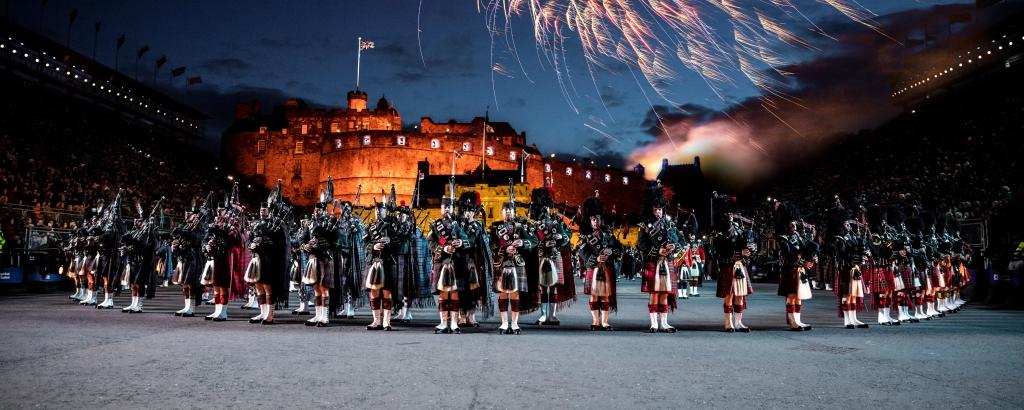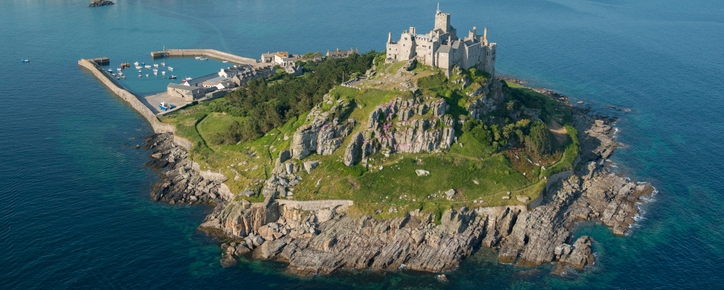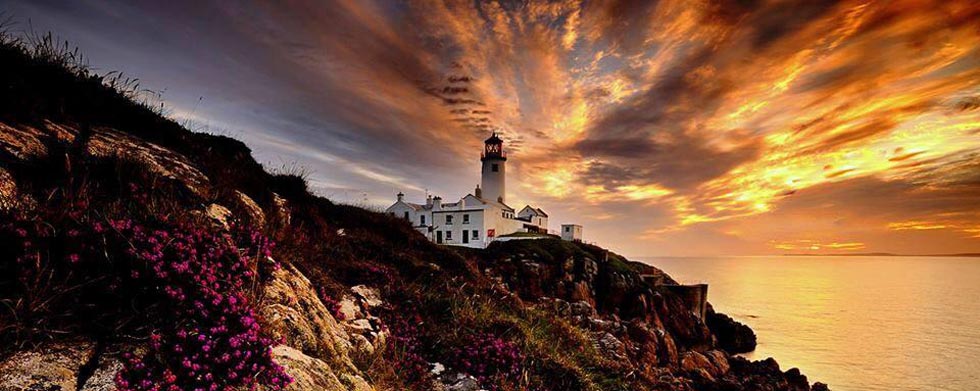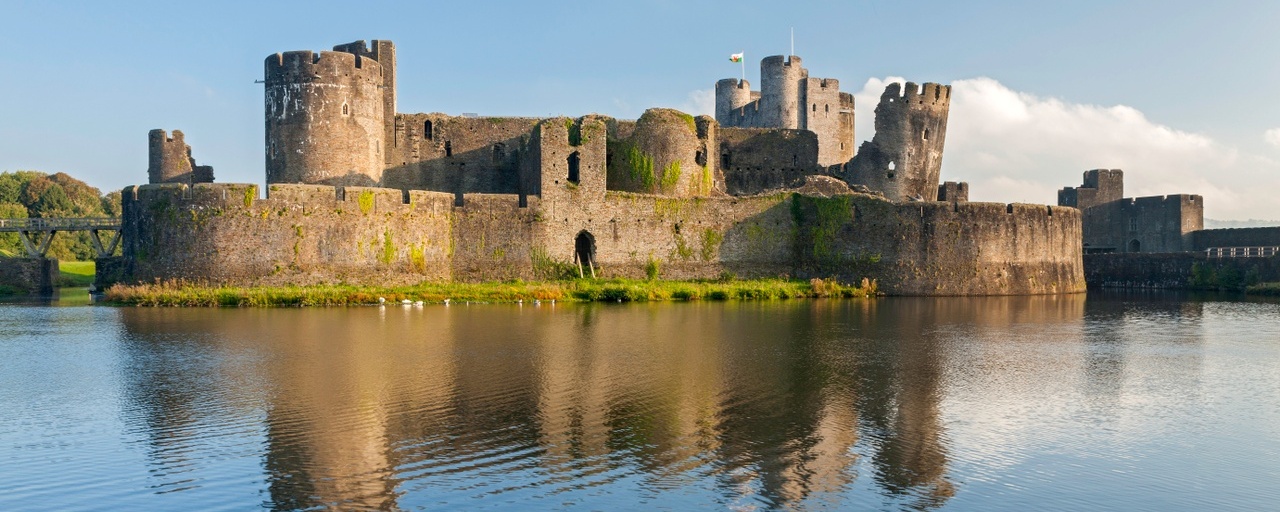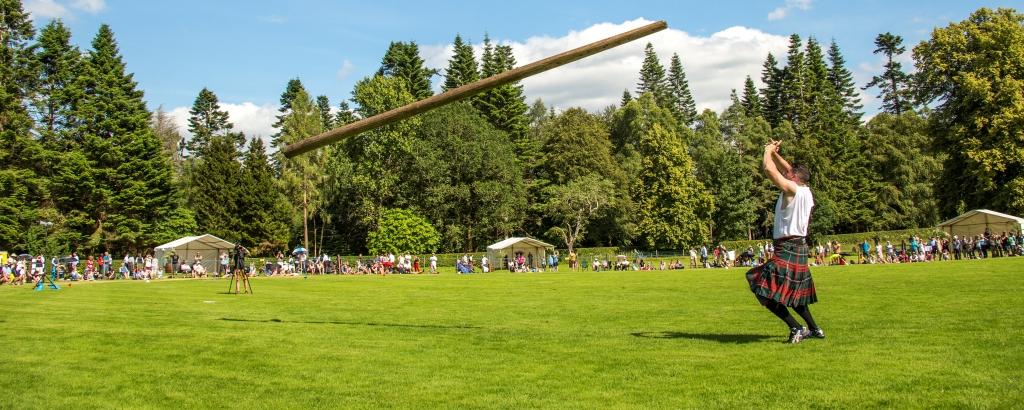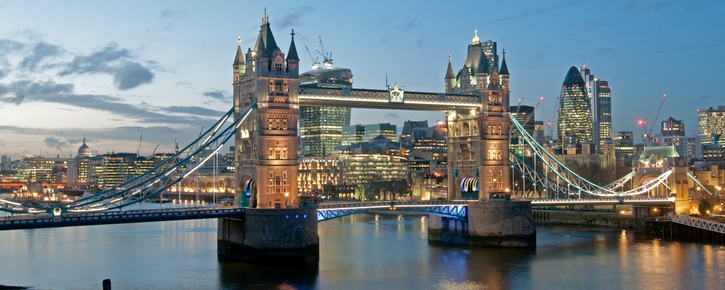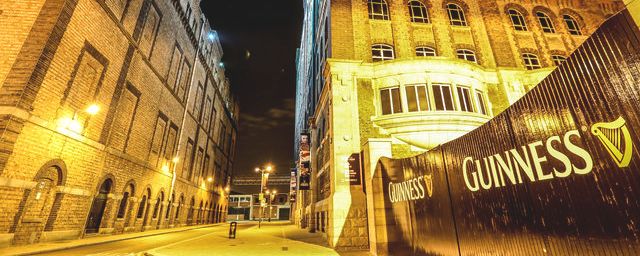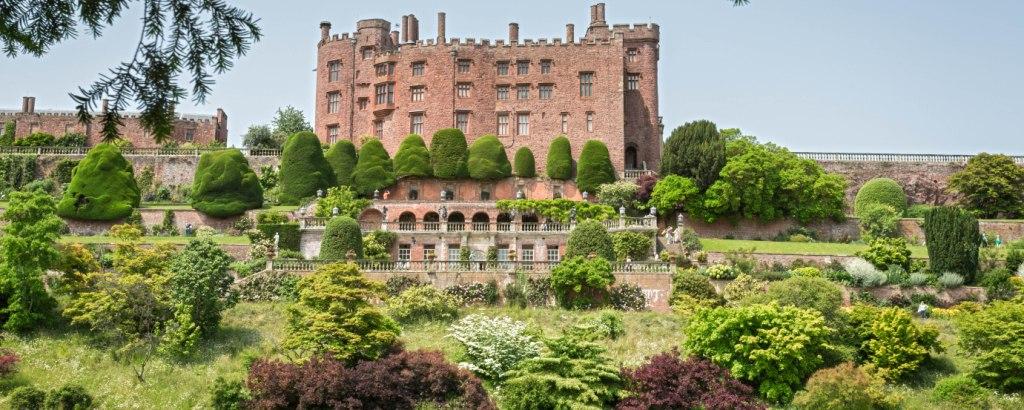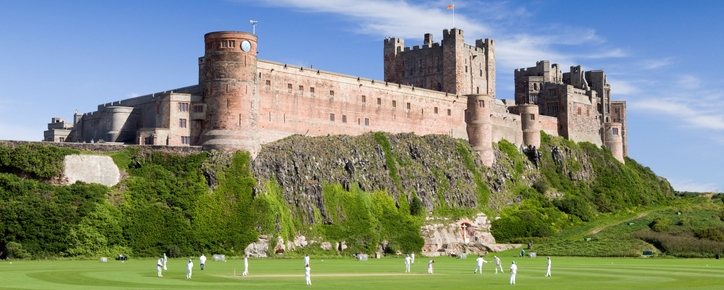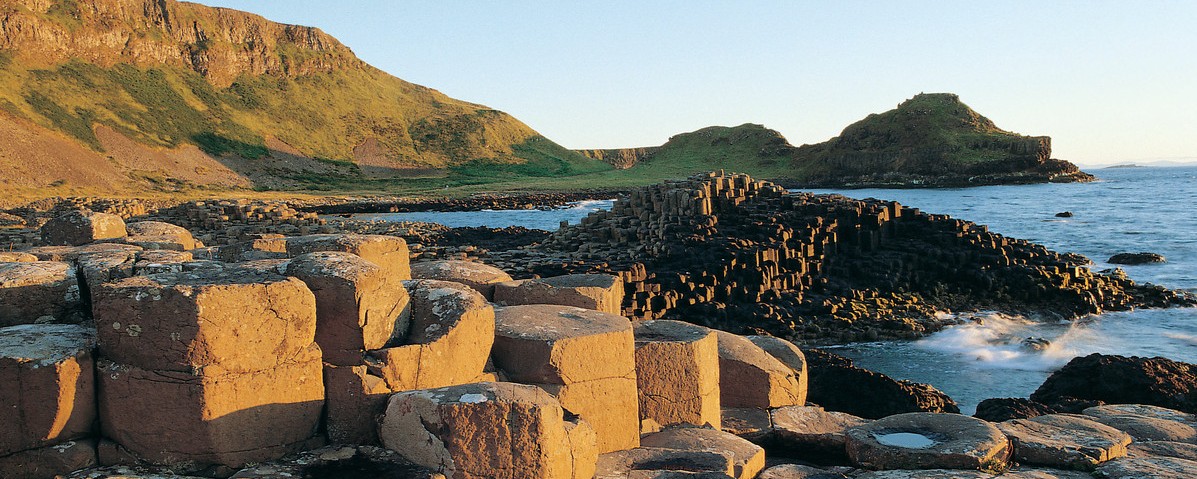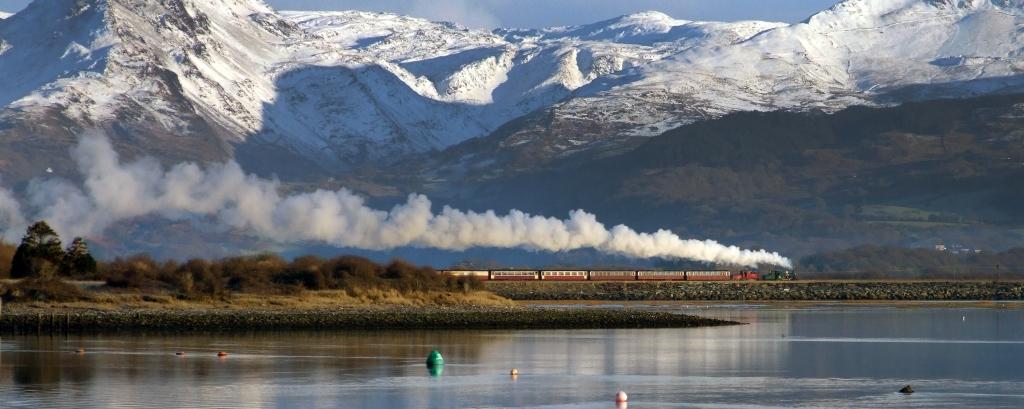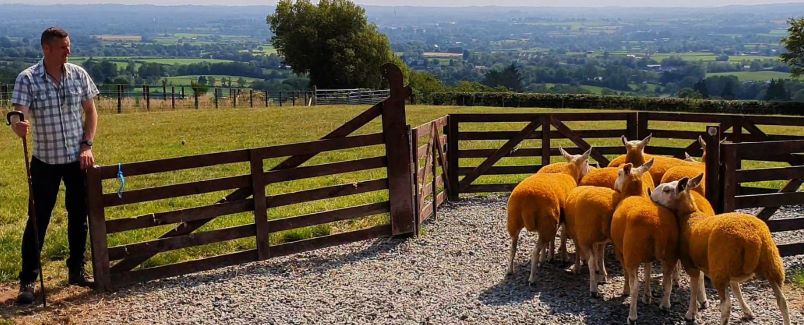Seven Natural Wonders of the UK revealed
The Seven Natural Wonders of the UK have been revealed. This list of natural landmarks that are unified by their shared beauty, uniqueness, and geological significance, is helping to provide a welcome dose of UK travel inspiration!
Selected by experts at the Royal Geographical Society (with IBG) in partnership with outdoor brand Merrell, the natural beauty spots named include Pistyll Rhaeadr in Wales, Loch Coruisk and the Cuillins in Scotland, the Giant’s Causeway in Northern Ireland and Wastwater, Dovedale, the Needles and the Jurassic Coast in England.
The Seven Wonders highlight the finest work of Mother Nature on the UK’s shores – landscapes carved out over millions of years that have stood the test of time through Ice Ages and intense volcanic activity to create places of outstanding beauty.
Mary-Ann Ochota, TV Presenter and Fellow of the Royal Geographical Society (with IBG), said: “This list will have a couple of sites that might be familiar, but there’s also likely to be some hidden gems that you might never have heard of.
“From sculpted limestone valleys to steep mountains that overlook Ice Age landscapes, to sea stacks, foaming waterfalls and cliffs that hold the bones of dinosaurs – if you thought geology was boring, get ready to think again.”
Janet Redler, Chief Executive of Janet Redler Travel & Tourism, added: “This list of the UK’s Natural Wonders highlights just how diverse our country’s landscape really is. From chalk cliffs in the south of England to basalt columns at the Giant’s Causeway in Northern Ireland, there are so many splendid natural landmarks to see on a tour of the UK.”
If you or your group would like to enjoy a tailor-made adventure tour of the United Kingdom, visiting some – or all – of these natural wonders, please do contact our friendly team today.
Seven Natural Wonders of the UK
Pistyll Rhaeadr, Wales

At 240 ft tall, Pistyll Rhaeadr is one of Britain’s highest waterfalls. Situated in mid-Wales, close to the border with England, the waterfall is formed from streams originating in the Berwyn Mountains, falling in three stages to form the Afon Rhaeadr below. The 19th-century author George Borrow described the beauty of the waterfall in his book Wild Wales as "an immense skein of silk agitated and disturbed by tempestuous blasts, or to the long tail of a grey courser at furious speed. I never saw water falling so gracefully, so much like thin, beautiful threads as here."
Loch Coruisk & the Cuillins, Isle of Skye, Scotland

Loch Coruisk, meaning "Cauldron of Waters" in Scottish Gaelic, is an inland, freshwater loch situated in the heart of the Cuillins on the Isle of Skye. Whilst the head of the loch is surrounded on three sides by the imposing volcanic Black Cuillins, the southern end connects to the sea by the Scavaig River which discharges into Loch Scavaig. The dramatic and isolated beauty of the loch has inspired many artists over the centuries including the renowned landscape painter J.M.W. Turner.
Giant’s Causeway, Northern Ireland

Familiar to many, the Giant’s Causeway lies on the coast of County Antrim in Northern Ireland. The area was designated a UNESCO World Heritage Site in 1986 due to it being "a spectacular area of global geological importance". The most characteristic and unique feature of the site is the regular polygonal basalt columns - estimates suggest that there are approximately 40,000 columns around the Causeway.
Wastwater, Lake District, England

Surrounded by some of the Lake District’s highest mountains, Wastwater lies in one of the wildest and most dramatic valleys of England's largest National Park. William Wordsworth famously commented on the splendours of the wider Wastdale that "Wastdale is well worth the notice of the Traveller, who is not afraid of fatigue; no part of the country is more distinguished by sublimity".
Dovedale, Peak District, England

Located in the Peak District in Derbyshire, Dovedale is a stretch of the Dove Valley where the River Dove tumbles through impressive limestone ravines. The limestone rock of Dovedale and the wider Peak District consists of the fossilised remains of marine life from the Carboniferous period, 350 million years ago, when the area was underneath a shallow tropical sea. At the end of the Ice Age, vast quantities of meltwater cut through the layers of limestone leaving behind the limestone rock formations like those found in Dovedale.
The Needles, Isle of Wight, England

The Needles form the western tip of a backbone of chalk that crosses the centre of the Isle of Wight, on the south coast of England, with three distinctive, jagged, chalk stacks that extend into the sea. The vertical chalk stacks of the Needles are a result of heavy folding of chalk which results in hard chalk, resistant to erosion.
Jurassic Coast, Dorset, England

Designated a UNESCO World Heritage Site in 2001 due to the global importance of its rocks, fossils and geological landforms, the Jurassic Coast is a 95-mile stretch of coast from Orcombe Point in Exmouth, Devon, to the Old Harry Rocks, near Swanage in Dorset. The site provides an almost continuous sequence of rock formations along the south coast of England covering the Triassic, Jurassic and Cretaceous periods, known collectively as the Mesozoic Era.
